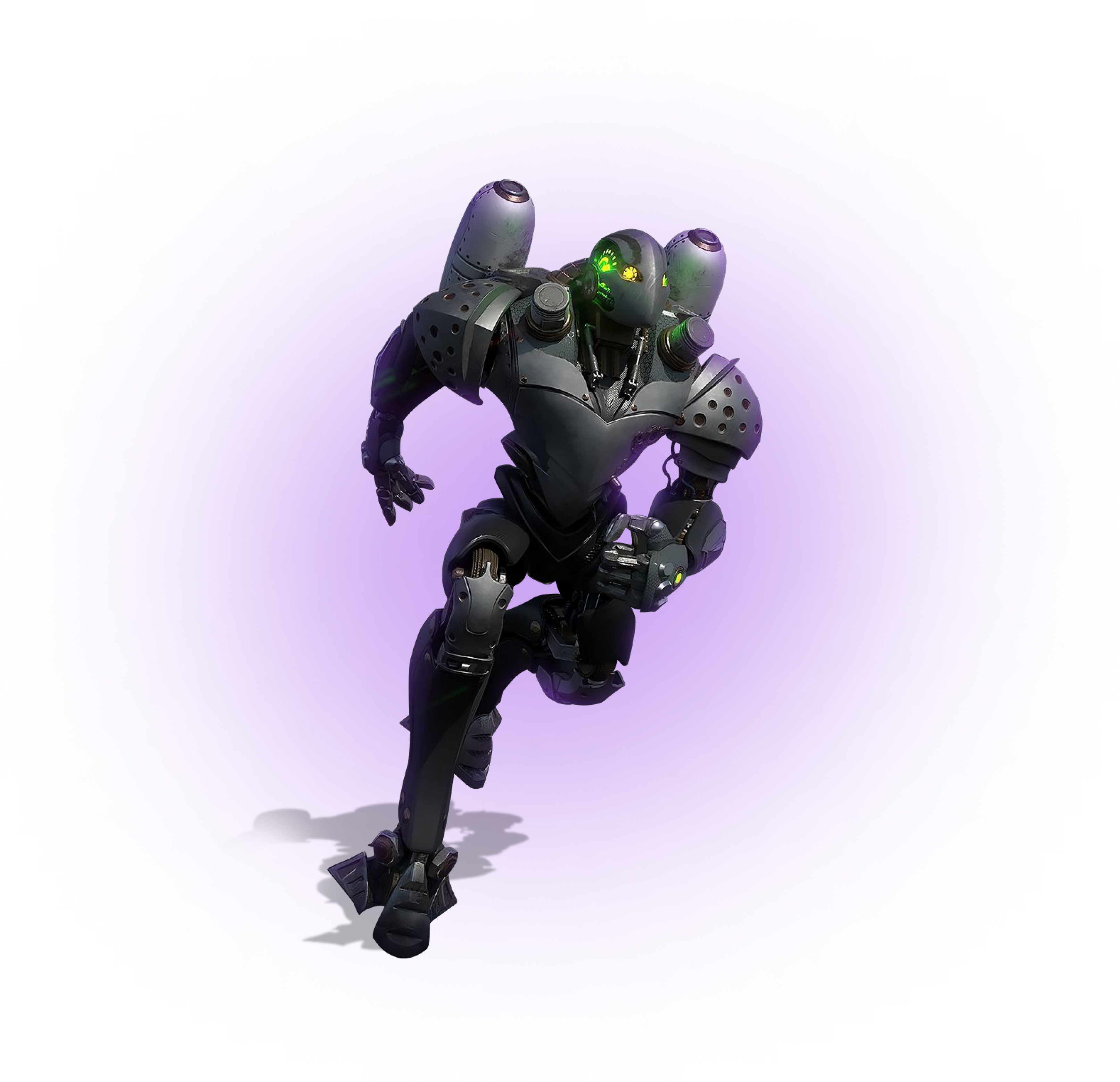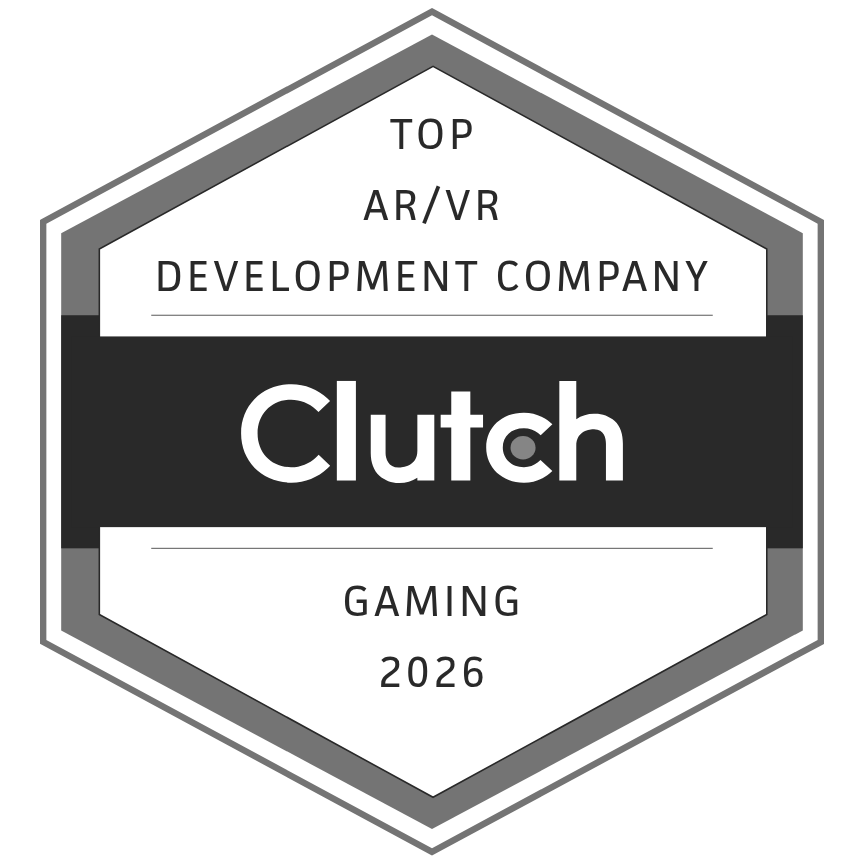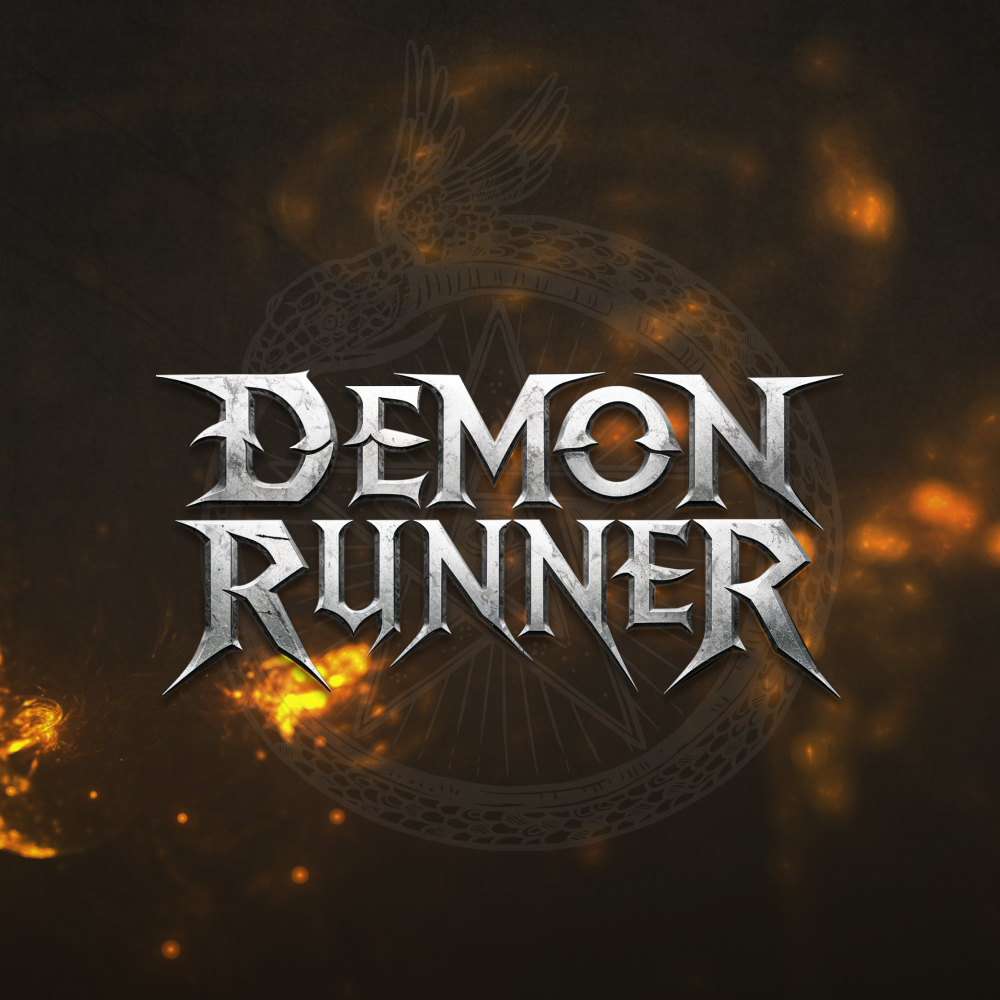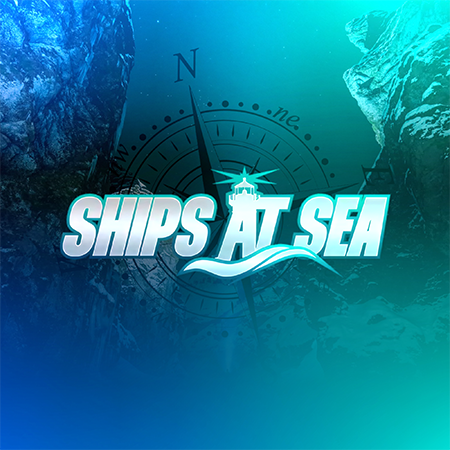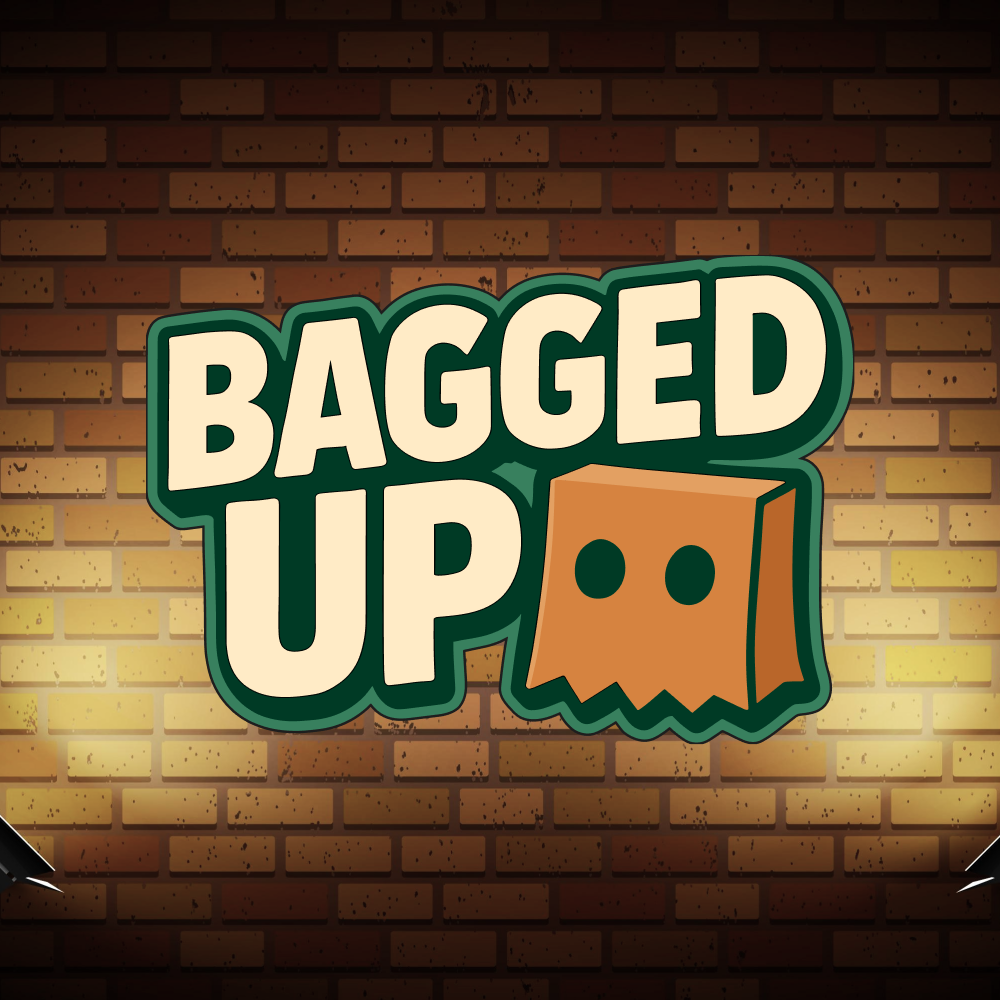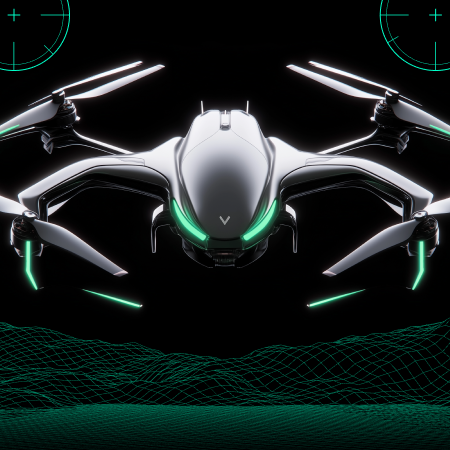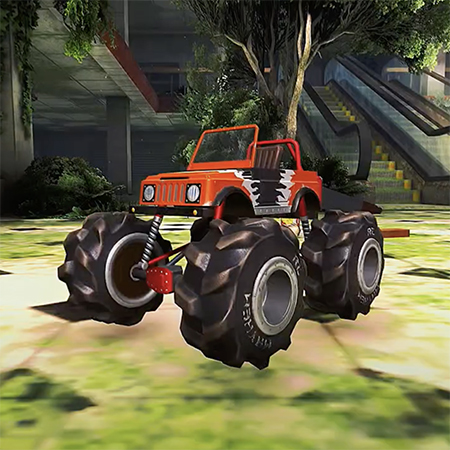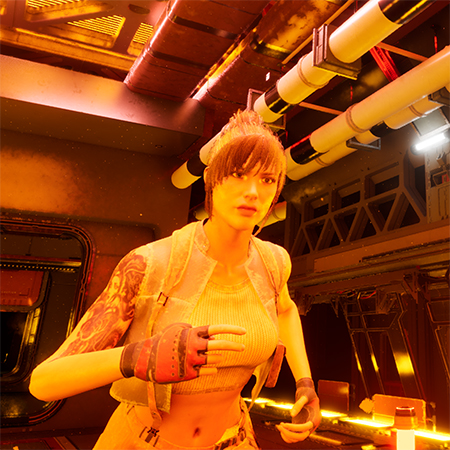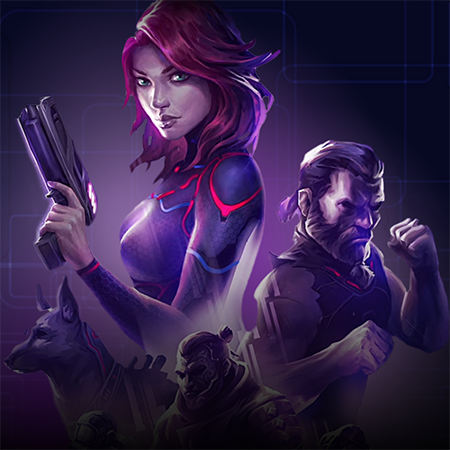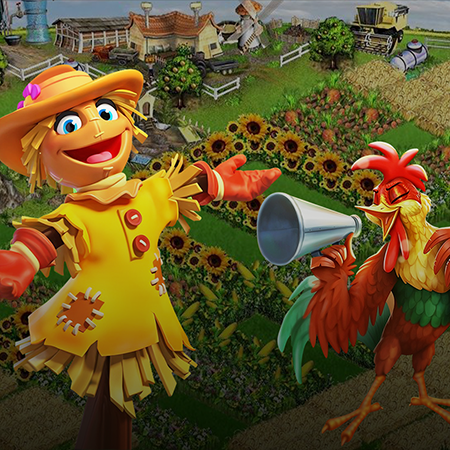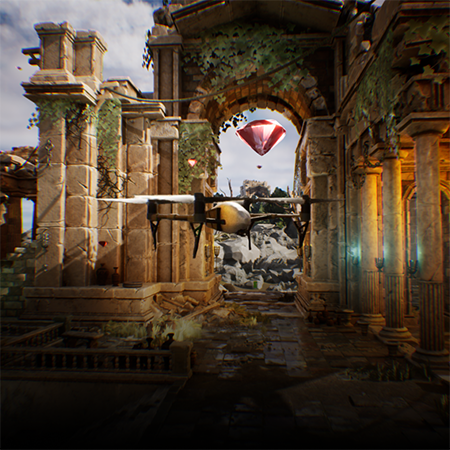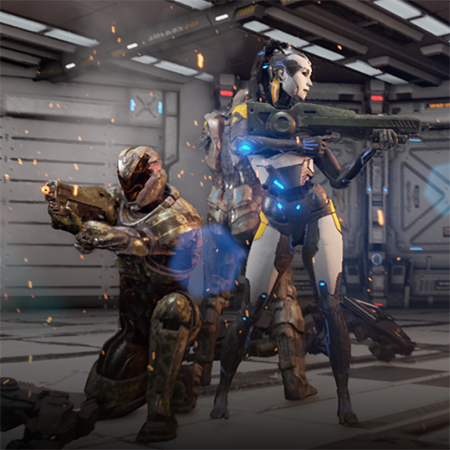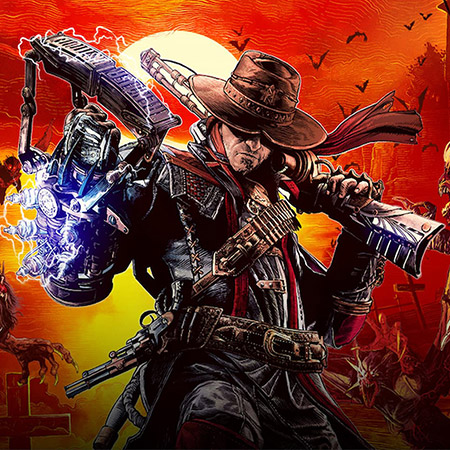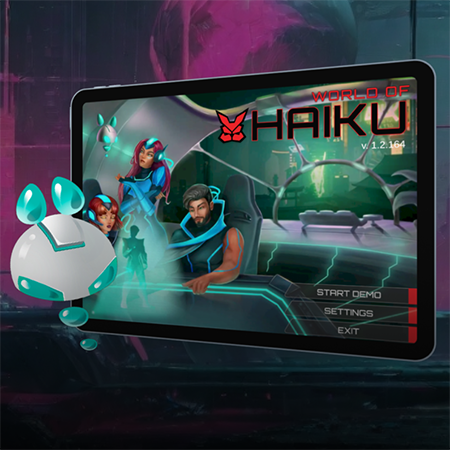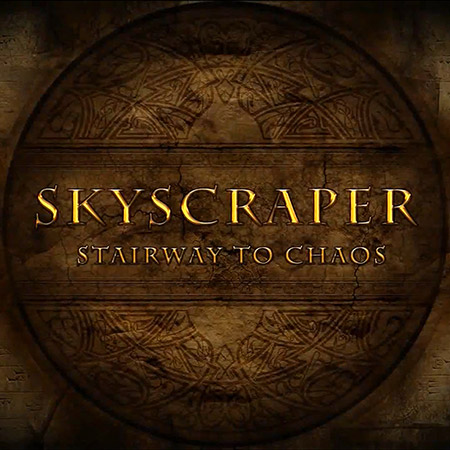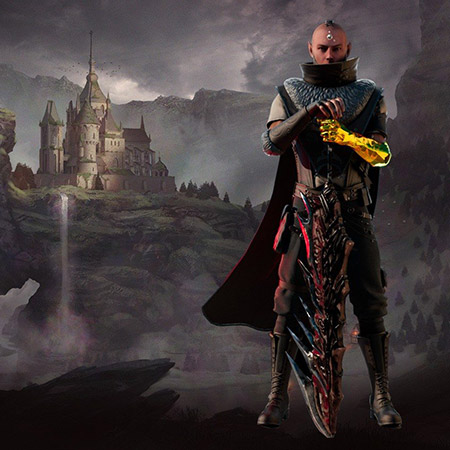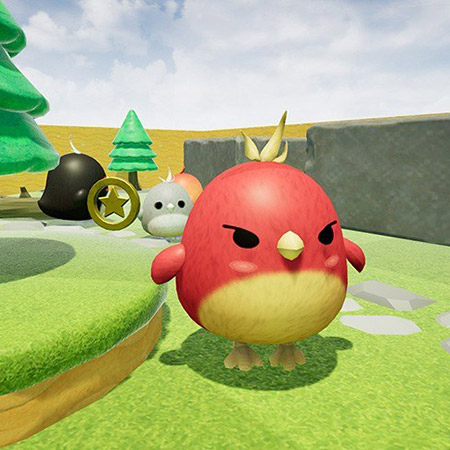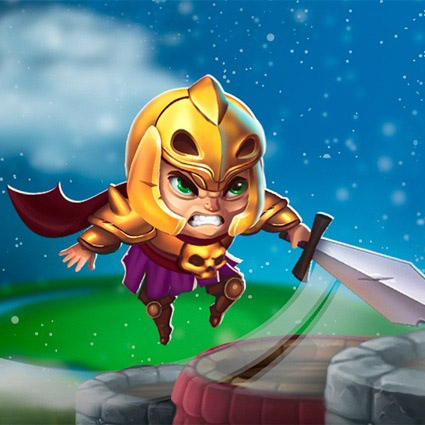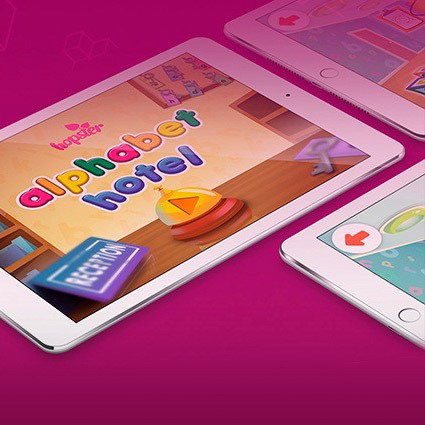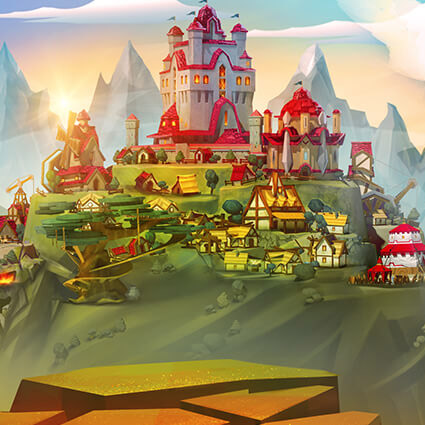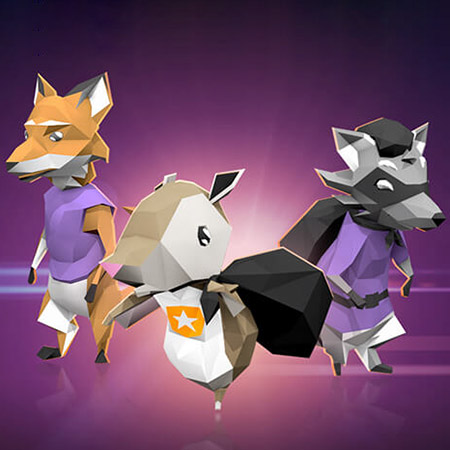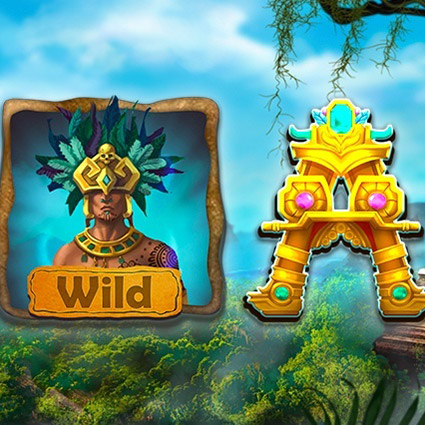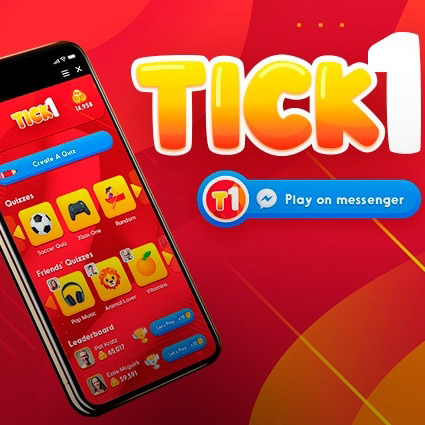Game porting provides an excellent chance for studios to expand the reach of a game initially created for a single platform by making it available to others. For instance, many development teams release a title exclusively for PlayStation but later extend its availability to platforms like Android, iOS, Xbox, or PC. This process allows product owners to tap into a broader market, increasing potential revenue streams while expanding their audience base. Gamers benefit from the ability to experience a title on the platform of their choice, whether they prefer consoles, mobile devices, or computers. The broader accessibility makes it advantageous for both developers and players.
In addition to financial growth, game porting strengthens brand presence by allowing studios to reach diverse user groups, each with its own preferences in terms of devices. PlayStation exclusives, once limited to console players, can find new life on mobile or PC platforms, drawing in users who may not have access to a PlayStation. For gamers, the freedom to enjoy a game on multiple devices provides flexibility and convenience, whether they want to immerse themselves in gameplay at home or on the go.
But how to choose a game porting team that can perform this task with outstanding quality? In this article, we’ll share the main criteria for selecting a dedicated company for your project, and how ordering game porting services can make the whole porting process easier. Ready? Let’s get started!
The Importance of Cross-Platform Optimization
Cross-platform optimization is essential for delivering a seamless gaming experience across various devices. Each platform, whether a console, PC, or mobile device, comes with its own technical limitations and performance standards. A high-quality game porting team must ensure that the game functions on the new platform and optimize the game to run smoothly while maintaining performance, visuals, and gameplay. Achieving this involves adjusting various elements such as graphics quality, frame rates, memory management, and input methods to match the target device's capabilities.
For example, a game ported from a high-end console to a mobile device must be significantly scaled down in terms of asset size and resolution. This requires balancing quality and performance, as mobile devices generally have limited processing power compared to consoles. Similarly, a PC port may need additional customization, as PC hardware varies widely, with some users having powerful gaming rigs and others relying on lower-end setups.
Optimization also includes ensuring that the game’s loading times, control schemes, and network capabilities align with the platform’s standards, creating a smoother and more intuitive experience for players. A team that excels in cross-platform optimization will be able to provide a near-identical gaming experience across all devices, ensuring that no player feels left out or experiences a noticeable drop in quality. For developers and publishers, successful optimization can significantly broaden the player base, as it opens up access to various devices without sacrificing gameplay integrity.
The Main Criteria of a Magnificent Game Porting Team
Do you know how most people choose a team of specialists? Oftentimes, it happens randomly. But if you’re reading this article, you’re probably aware that it’s a bad strategy. So we’ve prepared five important criteria which indicate that a company is trustworthy.
-
Broad experience. The more experience a team has in business, the greater their mastery of knowledge and skills. It's not solely the number of years that matters, but the diversity and volume of projects the specialists have handled.
-
Extensive portfolio. Usually, specialists fill their portfolios with projects they did for clients. Thus, the availability of a broad portfolio indicates how many customers trust this company and that this studio delivers projects to successful completion. You can also estimate a company’s work quality level by exploring its portfolio.
-
Client reviews. Every reliable company has a page with testimonials on its website. Thus, you can read reviews of a team’s work and find out what customers liked or disliked in the process of cooperation and the final result. It’s best to remember that a couple of negative reviews among dozens of positive ones doesn’t mean a company is bad. So approach reviews thoughtfully.
-
A big team of pros. Game porting requires many different specialists for full-fledged project execution. So when you communicate with a studio for an outsourcing porting team, ask them about who will be working on your project.
An ordinary porting team line-up will consist of at least a manager, developers, QA engineers, game designers, 2D/3D artists, and an audio specialist. And no freelancer can replace a team of narrowly focused specialists.
-
Professional resources. You may think that professional skills are more important than the availability of specific resources such as software and hardware, but both these factors matter equally. Using professional and licensed software for games porting like Unity and Unreal Engine can work wonders in speeding up the process, as can powerful hardware.
Besides, the availability of professional resources indicates that a company can afford and use them constantly, as their cost is usually pretty high. And such software also takes special skills to use it.
Legal Considerations and Intellectual Property Protection
When choosing a game porting team, legal considerations and intellectual property (IP) protection are critical factors to address from the start. Working with external developers on a porting project involves sharing valuable assets, source code, and proprietary game elements, which makes safeguarding IP a top priority. To ensure your game and intellectual property remain secure throughout the process, it's essential to have well-defined legal agreements in place.
A comprehensive contract should outline every aspect of the collaboration, including the scope of work, timelines, and deliverables. More importantly, it should specify the ownership of all assets, ensuring that the rights to the original game, as well as any modifications or enhancements made during the porting process, remain with the game's original creators. Clear IP clauses help prevent potential disputes regarding asset ownership or the reuse of your game's content by third parties.
Confidentiality agreements, such as non-disclosure agreements (NDAs), are another vital layer of protection. These agreements legally bind the porting team to keep any sensitive information or proprietary data confidential, ensuring that no elements of your game are shared outside the project without permission. By requiring the porting team to sign an NDA, you can protect trade secrets, game mechanics, and other unique features that contribute to your game's value.
Similarly, it's important to verify that the porting team complies with all relevant licensing requirements, particularly when using game engines or third-party tools. Any misuse of unlicensed software could lead to legal complications, so ensuring that the team operates within the bounds of legal software usage is essential. Overall, robust legal agreements and IP protections are essential to securing your game's assets and ensuring a smooth, dispute-free collaboration.
Post-Launch Support and Long-Term Collaboration
The work is far from over after a game is successfully ported to a new platform. Post-launch support is crucial in ensuring the game's long-term success, addressing any issues that arise once players begin interacting with the game on the new platform. Bugs, performance problems, or compatibility issues may only become apparent after release, making it essential for the porting team to offer continuous support to resolve these challenges quickly and effectively.
A reliable porting team will provide ongoing post-launch services, such as troubleshooting, bug fixes, and performance optimization. This support ensures that players' technical issues are resolved swiftly, maintaining a smooth and enjoyable gaming experience. In many cases, the first wave of feedback from players reveals areas that need improvement, and a responsive porting team will help implement necessary updates or patches based on this feedback.
Long-term collaboration with the porting team can also prove beneficial beyond addressing immediate issues. As new operating systems or hardware updates are introduced, maintaining compatibility across platforms may require further adjustments. A dedicated porting partner will stay involved, ensuring that the game remains optimized and functional on all platforms over time.
In addition, updates or expansions to the original game, such as downloadable content (DLC) or seasonal events, may need to be implemented across multiple platforms. Working with a trusted porting team for these updates ensures consistency across versions and reduces the risk of fragmented gameplay experiences. Such an ongoing relationship ensures that future developments and support needs are handled seamlessly.
Ultimately, post-launch support and long-term collaboration with the porting team are vital to a game's enduring success. They allow developers to focus on future projects while ensuring their current titles remain polished and engaging for players.
How We Ported Before

Knight – Stack Jump is a hyper-casual game that our studio developed for mobile devices and subsequently ported to the Web. The biggest changes involved scaling the app to larger screens and binding controls that were previously handled through gestures to mouse/keyboard.
By examining the company that provides the porting services, you can see signals that cannot be ignored. Therefore, if you notice one of the red flags below, it is better not to rush to cooperate with such studios and specialists.
Red flags
No additional questions are asked
Clients often contact the studio with a porting request, and the manager agrees to your request without additional questions. This scenario is alarming because, without additional information, the team does not know all the client’s needs. As a result, money is wasted on shaky results. In order to understand how the game porting outsourcing process should go, we have compiled a detailed description in the next section.
Low quality and quantity of website content
Have you visited a development company website with only one page with a short description of services and a “contact us” button? Run, Forrest, Run! In addition to the fact that they do not provide a detailed description of their services, the content may contain grammatical errors and low-quality images. This situation does not allow you to check the team’s qualifications, as there are no portfolios and expert articles on a site.
Making a deal without documentation
If at the stage of negotiations it turns out that the company works without drawing up a contract, this cannot be ignored. It is better not to take strangers at their word because all reliable companies support their deals with legal documents. Thus, you will be able to specify in the documentation the requirements for the staff and the expected results of the project. Otherwise, non-compliance with informal agreements will not bear any consequences.
Looking for a reliable porting team?
You can count on Game-Ace!
The Process of Outsourcing Game Porting
Since you decided to port a game and chose a porting team, you’re ready to have a deal. But what should you expect from the outsourcing process? It’s better to be prepared for the main stages of cooperation with a company, so check these steps below.
1. First contact
Usually, outsourcing companies create a simple form for contacting a manager on their website. So you leave your contact data and the appropriate time to discuss your project. Then you share your basic expectation about the porting, and a manager consults you about an average price and timeframe for a game port. Further, you conduct a meeting with specialists for negotiation.
2. Planning and paperwork
Sometimes, a client can expect the impossible from a porting team, like project execution within a week. So specialists explain all the work particularities. On the other hand, it’s necessary to gather information about a game needed to port. As a result, all the income data, requirements, and conditions are approved, and official documentation is drawn up.
3. Cost and timeframe calculation
Before execution, specialists calculate the exact cost and the most realistic timeframe, considering all the documentation’s agreed requirements. Further, this data is added to a contract. A company is obligated to adhere to a budget and come up with a finished project in time.
4. Execution
How does porting a game work? Usually, it takes three main stages: pre-production, coding, and testing. At first, specialists analyze a game that should be ported. Further, developers import source code, edit it, and work hard to convert game experience from one platform to another. In the end, QA engineers apply different types of game testing to ensure it’s bug-free.
5. Support and updates
A definitively ported game is usually not the end of the story. A reliable partner should further support a ported game and conduct Beta testing based on the first users’ feedback. In addition, some post-release patches and updates are also commonly carried out by a porting team.
Understanding and Implementing Platform-Specific Monetization Models
Porting a game to different platforms isn’t just about ensuring compatibility; it also involves adapting to its unique monetization strategies. Different platforms often operate under varying business models, ranging from one-time purchases to microtransactions or subscription-based services. Understanding these differences is key to maximizing the game’s revenue potential on each platform.
For example, mobile games frequently rely on free-to-play models, generating income through in-app purchases or ads. Porting a game originally designed for consoles or PCs to mobile devices may require introducing new monetization elements to suit the mobile market, such as implementing tiered pricing, cosmetic upgrades, or limited-time offers. A game porting team must be well-versed in these strategies and capable of seamlessly integrating them into the gameplay without disrupting the player experience.
Conversely, consoles and PCs may prioritize upfront purchases or DLCs, requiring the porting team to adjust pricing structures and integrate platform-specific payment gateways. Subscription models, such as those seen in cloud gaming services, also present another monetization challenge, as developers may need to adjust how they package and deliver content.
Developers can significantly increase revenue opportunities by adapting the game’s monetization model to fit the standards of each platform. A strong game porting team understands not just the technical requirements of each platform but also how to align the game’s business model with the expectations and behaviors of the target audience, ensuring the game remains profitable and player-friendly across all devices.
Where to Get Reliable Game Porting Services
As you can see, finding a trustworthy porting team is no simple thing. But it’s so important to land on high-level professionals whom you can outsource a project to and ease all worries. That’s where the Game-Ace team truly shines! Our custom game development company knows the ropes in porting games to any target platform.
We are not only dedicated game developers but provide our clients with outstanding other services related to gaming. So when you decide to port your game, dozens of our specialists are ready to take up the mantle. Our resources, skills, and knowledge allow us to flawlessly handle porting, testing, and post-launch support of your game.
Contact us to start your game porting journey, and strap in for a victorious launch!
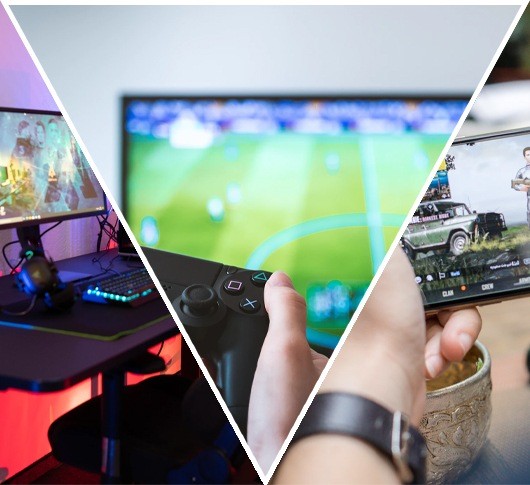 How Does Porting a Game Work: Business and Technical Aspects
How Does Porting a Game Work: Business and Technical Aspects 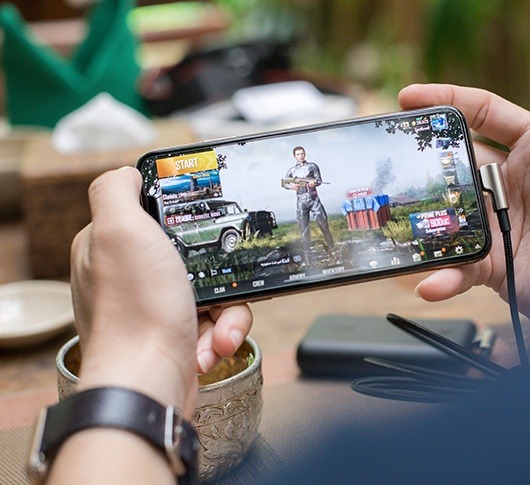 Porting Games to Android and iOS: Challenges and Requirements
Porting Games to Android and iOS: Challenges and Requirements 